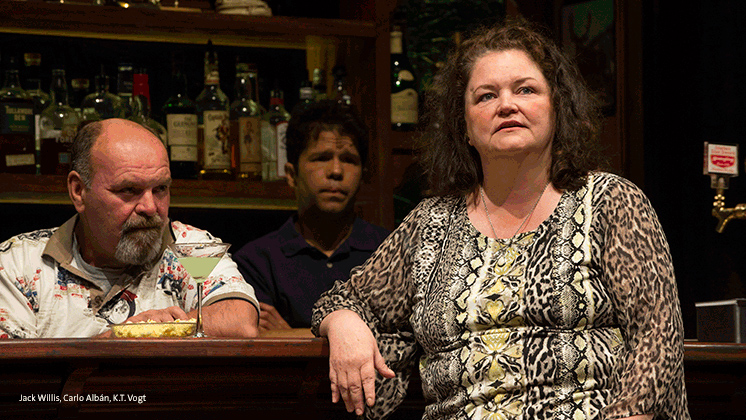Destiny of Desire
Ashland, Oregon at the Oregon Shakespeare Festival Destiny of Desire by Karen Zacarías directed by José Luis Valenzuela Destiny of Desire is an evening of a schlocky, cheesy, unbelievable, perfectly-executed, spectacularly entertaining, brilliantly-written live telenovela. Before I write my 1000 words of "Oh my God, I loved it, here's why...", a picture: Vilma Silva, Ella Saldana North, Esperanza America. Photo by Jenny Graham. The photo is truly worth more than 1000 words of descriptive praise. (Click on it to see it full size.) But, here goes... Director José Luis Valenzuela has directed Destiny at four theaters -- everywhere it's been produced (or [...]

